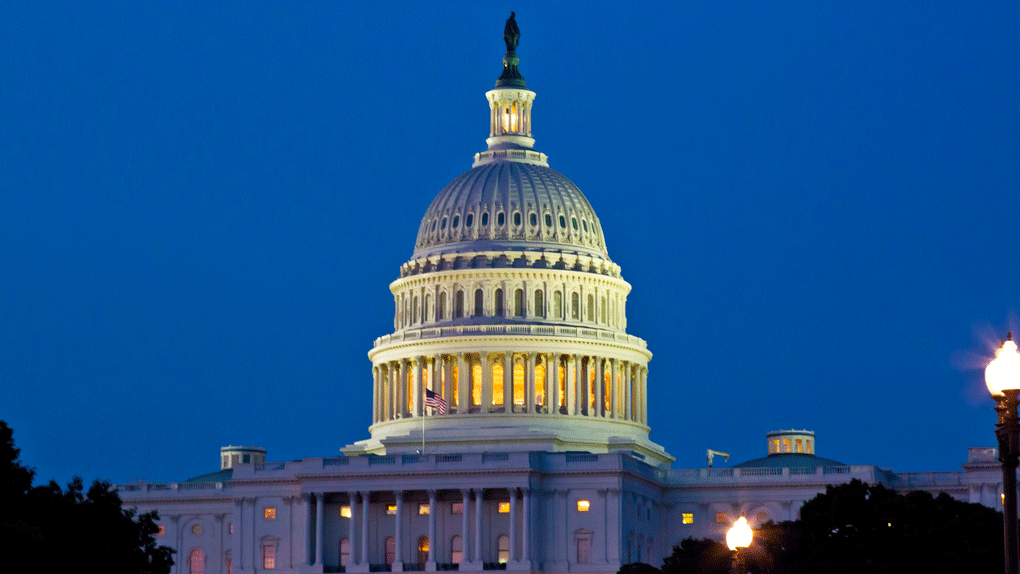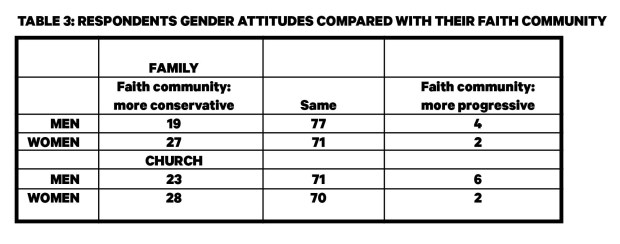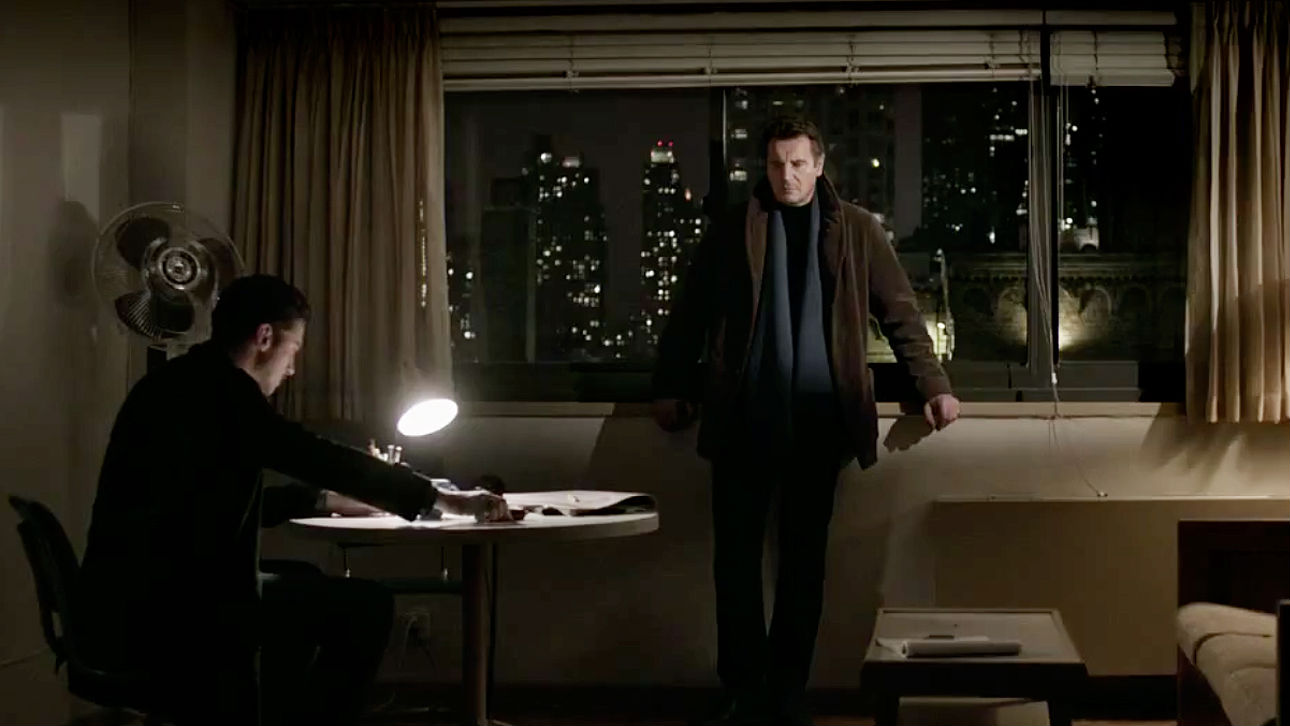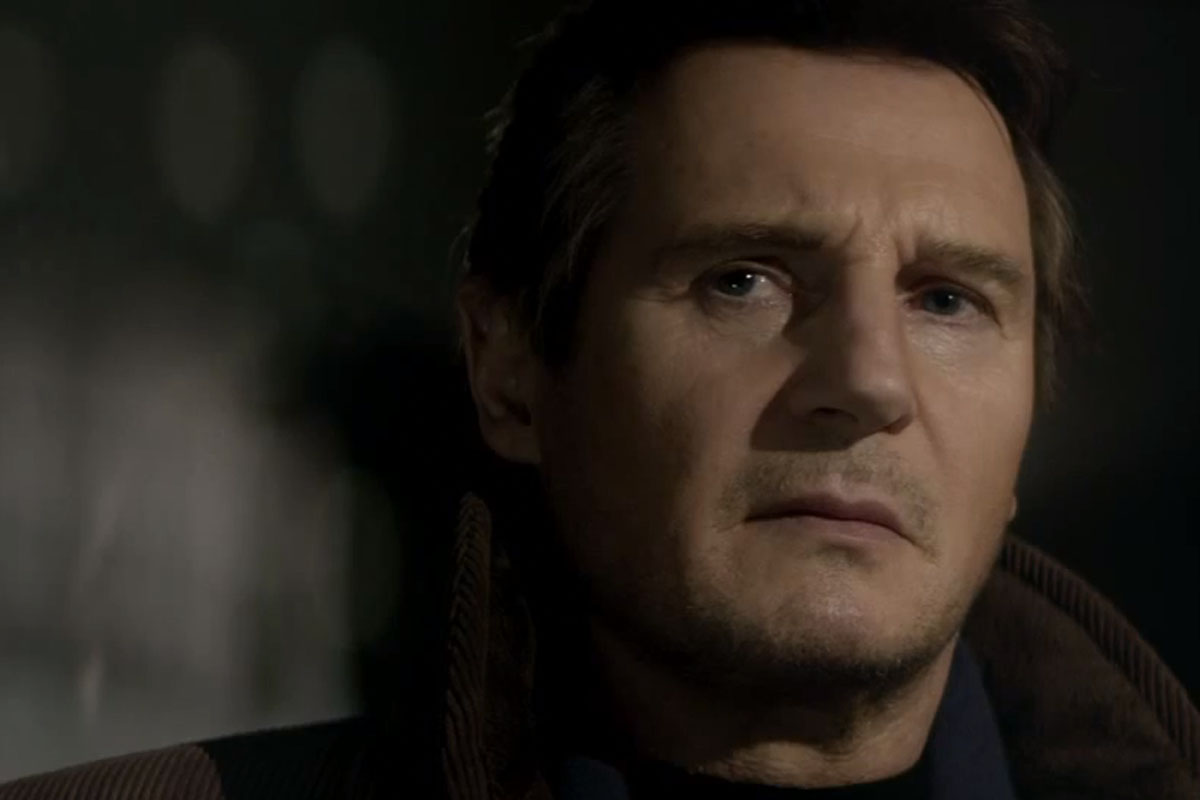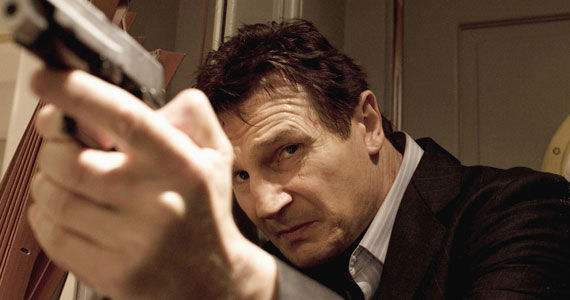I have never considered myself a very political person. As a proudly evangelical pastor, for a long time I possessed a somewhat bemused and distant attitude towards politics, focusing my attention instead on my calling to teach and preach the Word, which was above all worldly concerns. But that changed a few years ago. After my wife was diagnosed with breast cancer, and our insurance company tried to terminate her coverage using the dreaded “pre-existing condition” clause, I became a vocal advocate for health care reform. Shortly after that, as a resident of a city wracked with racial tensions, I timidly called for greater understanding between Korean and African-American communities.
These brief forays into the public sphere have taught me a lot, and have given me a lot more compassion on the plight of pastors. Evangelical pastors are often lambasted for their lack of engagement with society and politics. We accuse evangelical leaders of being too passive and silent on the most pressing issues of the day, and wonder if this is due to a lack of conviction, or a lack of courage. We call them cowards, dinosaurs, unbiblical, irrelevant. And I hate to admit that I have often joined that chorus of criticism. But the truth is not nearly so simple. Although I don't seek to totally exonerate myself from wrongdoing, here are five reasons why I personally hesitate to speak out on controversial issues:
——————————————————
The Separation of Church and State
This might seem like something of a cop-out explanation, but you should remember that one of the foundational principles of American culture and government is the separation between church and state. It's an idea that was coined by Thomas Jefferson himself, and given (some) weight by the First Amendment. And for pastors, this goes far beyond the cultural pressure that a person feels to avoid coming off as overly-religious. For us, there are legal implications because the tax free status of churches depends on maintaining this separation, although instances of enforcement are admittedly rare.
Under the hazy definitions and wildly contrasting opinions of church and state, pastors around this country furrow our collective brows.
Moreover, this is a contested idea which is constantly undergoing both legal and cultural revision. Some people believe that this statement dictates a strict separation of spheres, while others believe that this statement was never meant to muzzle individuals in the expression of their opinion. And under the hazy definitions and wildly contrasting opinions of church and state, pastors around this country furrow our collective brows, trying to discern whether a statement about gay marriage or war or gun violence or welfare could be construed as political, and so legally inappropriate for us to share from the pulpit. We have this enormous but undefined pillar of American government and culture looming over us, causing us to hesitate in speaking our minds, or at the very least, making us to sit on our hands until someone figures it all out.
We don’t want to lose a single soul
By and large, pastors become pastors in order to win as many as possible to the love Christ, as Paul shares in 1 Corinthians 9. That is the real reason I became a pastor…that, and my score on the MCAT was not what I had hoped. I kid! I did well enough on my MCAT to attend any number of third-tier medical schools. But the fact that I have a heart to win people to Christ is one of the main reasons that I am hesitant to speak out on controversial issues.
You see, there are many social issues that I care very deeply about, and I believe that Scripture has a clear position on. But I also am acutely aware that if I say something that is even remotely political, or could be construed thusly, I may lose the ability to speak to John, because he’s a staunch conservative. Or I can’t counsel Rose, because she’ll think I’m a right wing nutjob. You see, we live in a cultural climate where line between “disagreement” and “hatred” is thin, and fraying fast. If someone differs from another politically, culturally, or theologically, they are not just different – they are enemies.
We live in a cultural climate where line between “disagreement” and “hatred” is thin, and fraying fast.
This dynamic puts pastors in a bewildering and nearly impossible situation, because we desperately want to win people to Christ, but realize that in order to do so, we can’t step on any toes. We feel forced to choose between one calling or the other, to be either proclaimers of God’s universal love, or to be prophets of God’s justice and compassion. It is not easy to balance these roles in any environment, and nearly impossible in our current one. So in order to retain the ability to speak to all, we sometimes end up speaking not at all.
Criticism from the Outside
I have received some fairly vocal and asinine criticism, even threats, in the past few years. I have been called “despicable”, “disgusting”, “racist”, and “a communist”. People have accused me of speaking out in order to make money, which I would love to do, but am thus far unable to figure how to accomplish. If you could let me know how I could do this, I would be very grateful. But I have to admit that I have some familiarity with the whole "communist" thing, given that my grandfather lost his life fighting communists in Korea.
Pastors are just people, equally fragile, and equally terrified of criticism and insults as anyone else.
I relate most of these instances with wry humor, but the truth is these criticisms anger me. But they also offend, and are often hurtful. They sometimes make me afraid. And they make me want to be quiet in order to avoid them in the future. That sounds cowardly, but the fact is I’m human. And we often forget this, that pastors are just people, equally fragile, and equally terrified of criticism and insults as anyone else. What’s more, the same sensitivity that serves us so well in counseling others also can make us especially and dangerously susceptible to personal discouragement as well. In order to preserve ourselves from the unbridled and vicious criticism of the outside world, we remain silent, and so, safe.
Criticism from the Inside
How I wish that the criticism was just limited to those outside of the church! But the brutal reality is that many pastors live in mortal fear of criticism not from outside, but from within the church. Too many congregations are lavish with their critique for pastors, but stingy when it comes to encouragement. They freely let the barbs fly, but not blessings. I can’t even begin to count the number of friends I have in ministry who have burned out because of harsh criticism from fellows Believers who were, ostensibly, supposed to be leaders of their church. Personally, the criticism that I have received from outside the church is nothing compared to the vicious attacks I have received from people within. Pastors often don't speak out because we are, for lack of a better word, traumatized. We are petrified that if we say something incisive, someone will approach us after the service and unleash a potent but often inaccurate broadside of criticism at us, or that a small group of influential people will unjustly call for our ouster, or even a governing board might fire us. These fears are not unwarranted nor unprecedented, trust me.
It is important that congregations own up to their role in this dynamic, that a spirit of hyper-criticism in church is muzzling its leaders.
It is important that congregations own up to their role in this dynamic, that a spirit of hyper-criticism in church is muzzling its leaders. Listen, if you want your leader to be intrepid, then support them, pray for them, stand by them in the tempest, even if you don’t always fully agree with them. But if you spend most of your time cutting down your leaders and talking behind their back (or even right to their face), then you shouldn’t somehow expect them to stand up and to speak out on the most pressing issues of this day. That's ridiculous, because unbridled and unedifying criticism doesn’t make courage more likely, but far, far less.
Cowardice
So are pastors irrelevant cowards? The answer is: yes, often times. After everything that I've shared, the fact still remains that we pastors often lack the courage to stand up and to be heard, and potentially to be hated as a result. Our silence is a subtle tool used preserve our egos and standing before people. This is often the case for me, and I repent for it. I am laughably weak, even if the faith that I represent is not. But there is one thing that would help me tremendously, and that is the support of my fellow brothers and sisters in Christ. If I could count on the church to stand by me, then you can count on me to stand up and speak.

